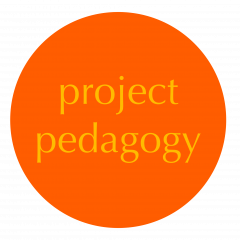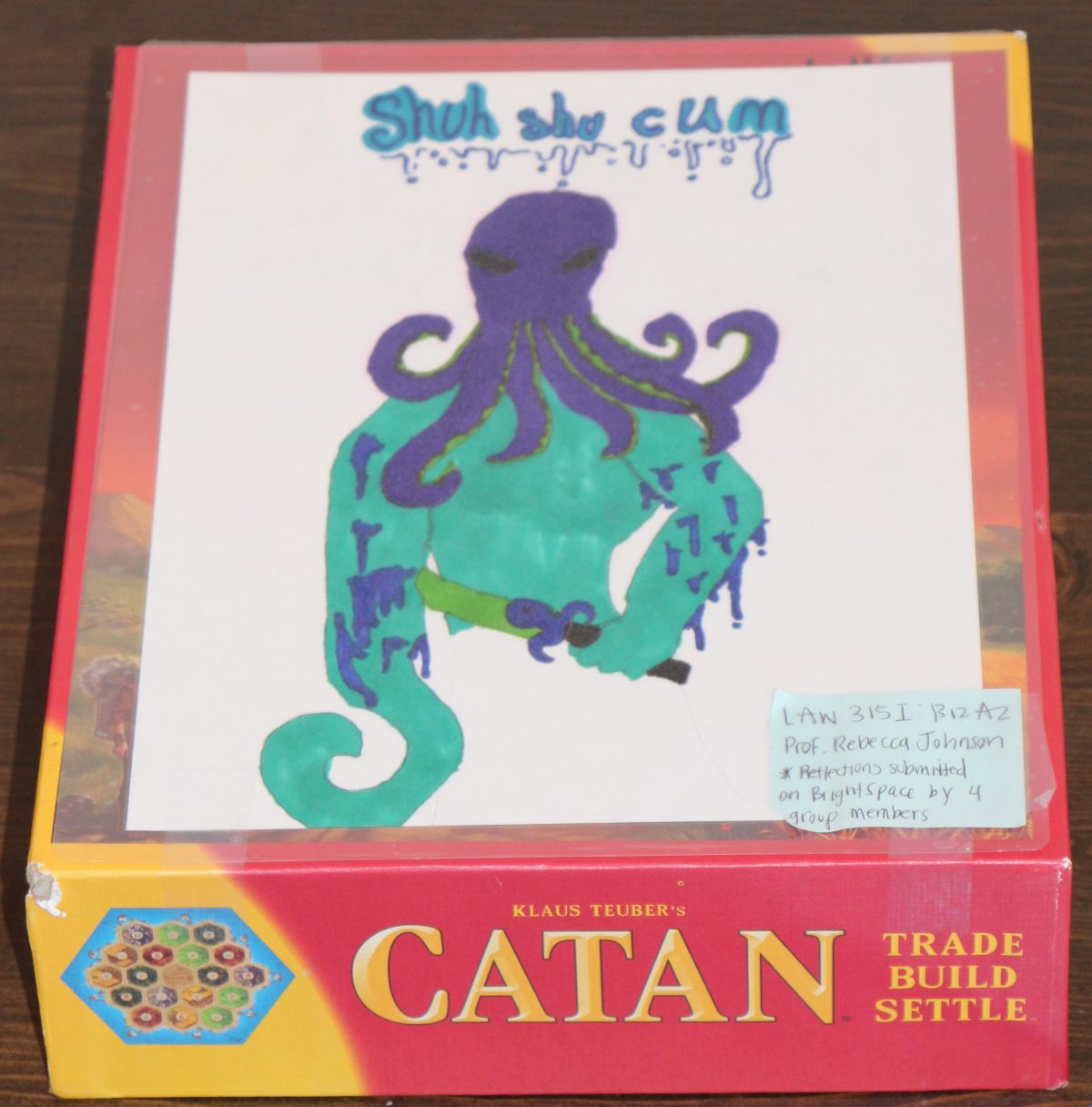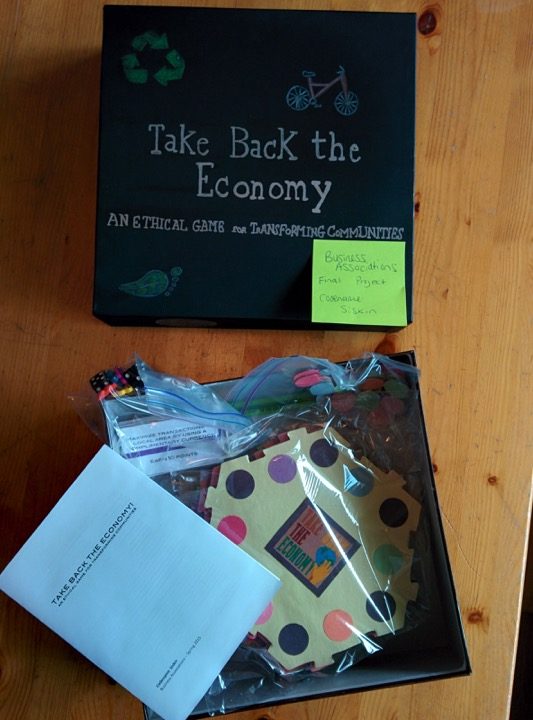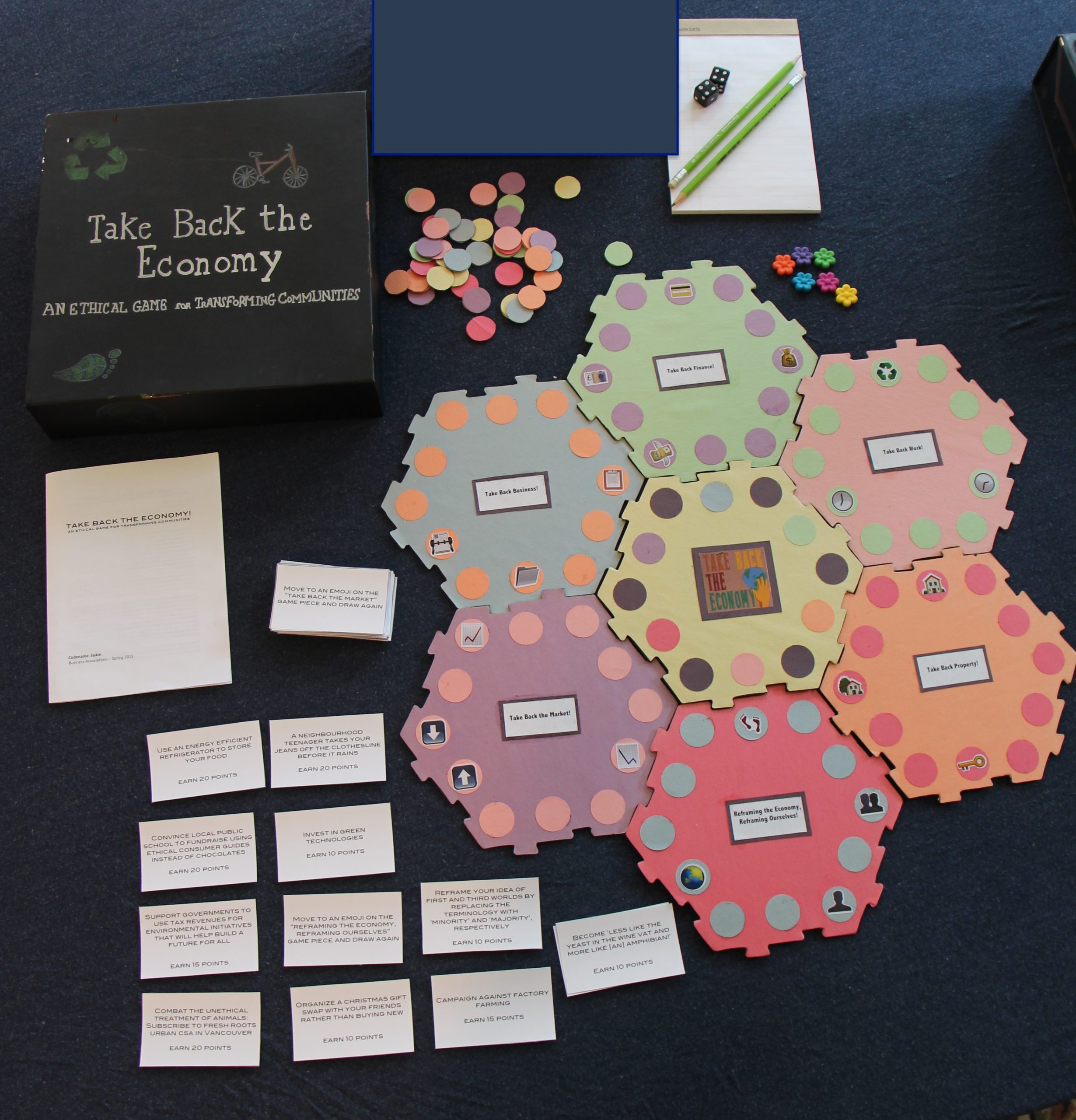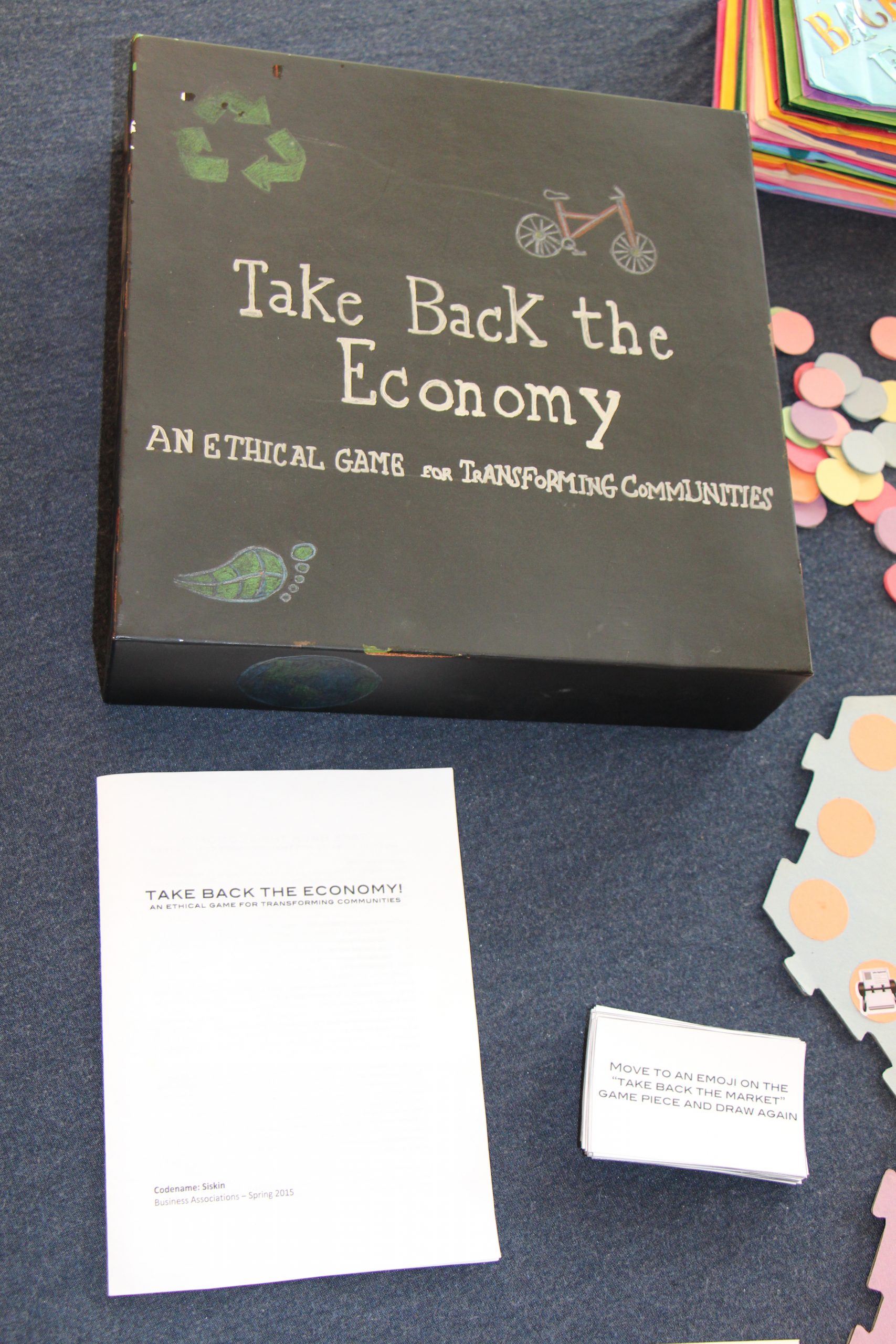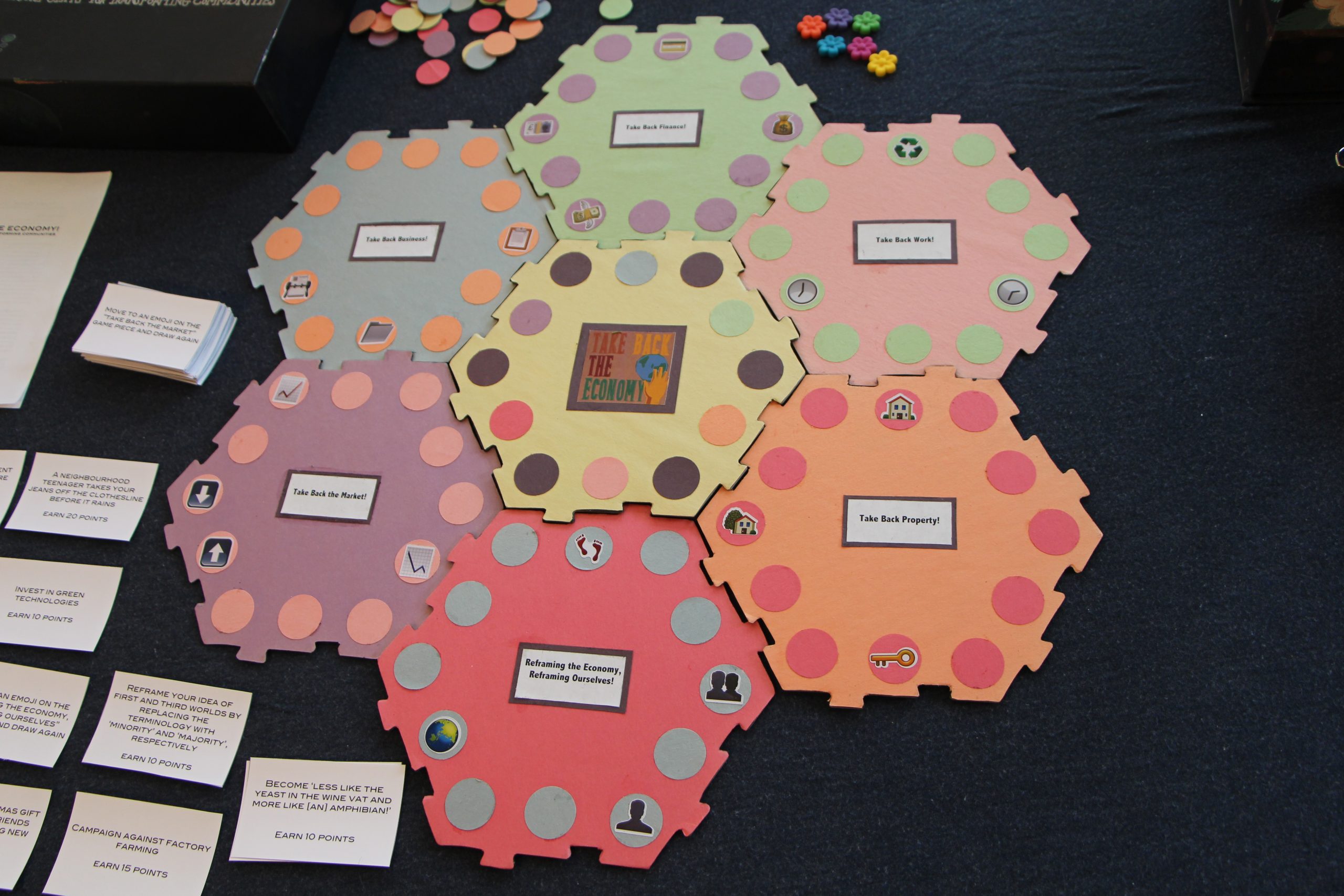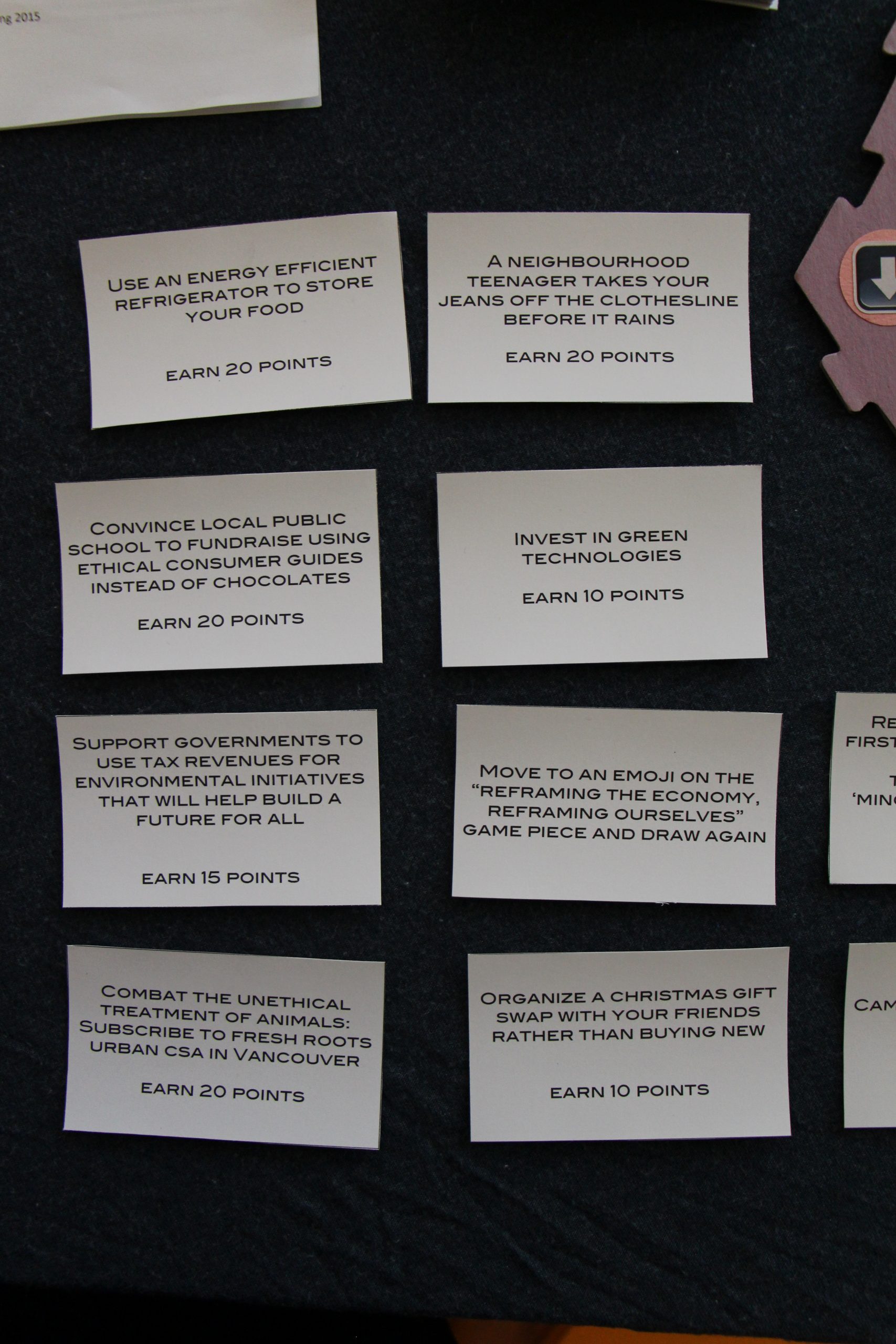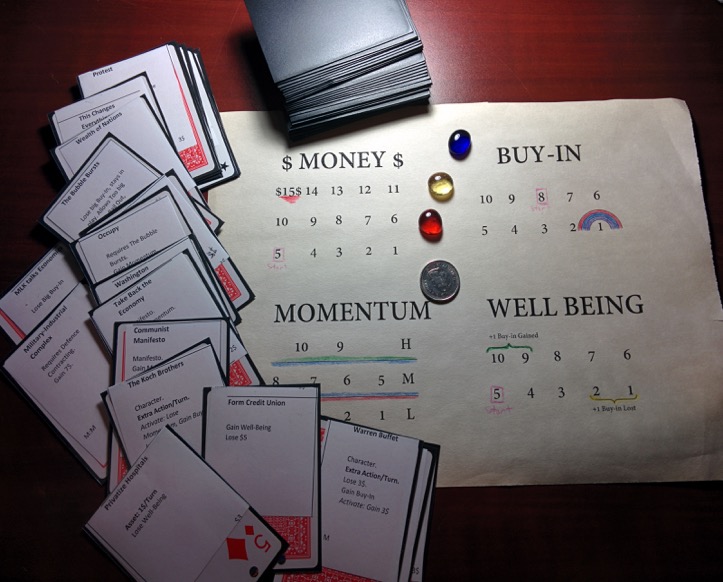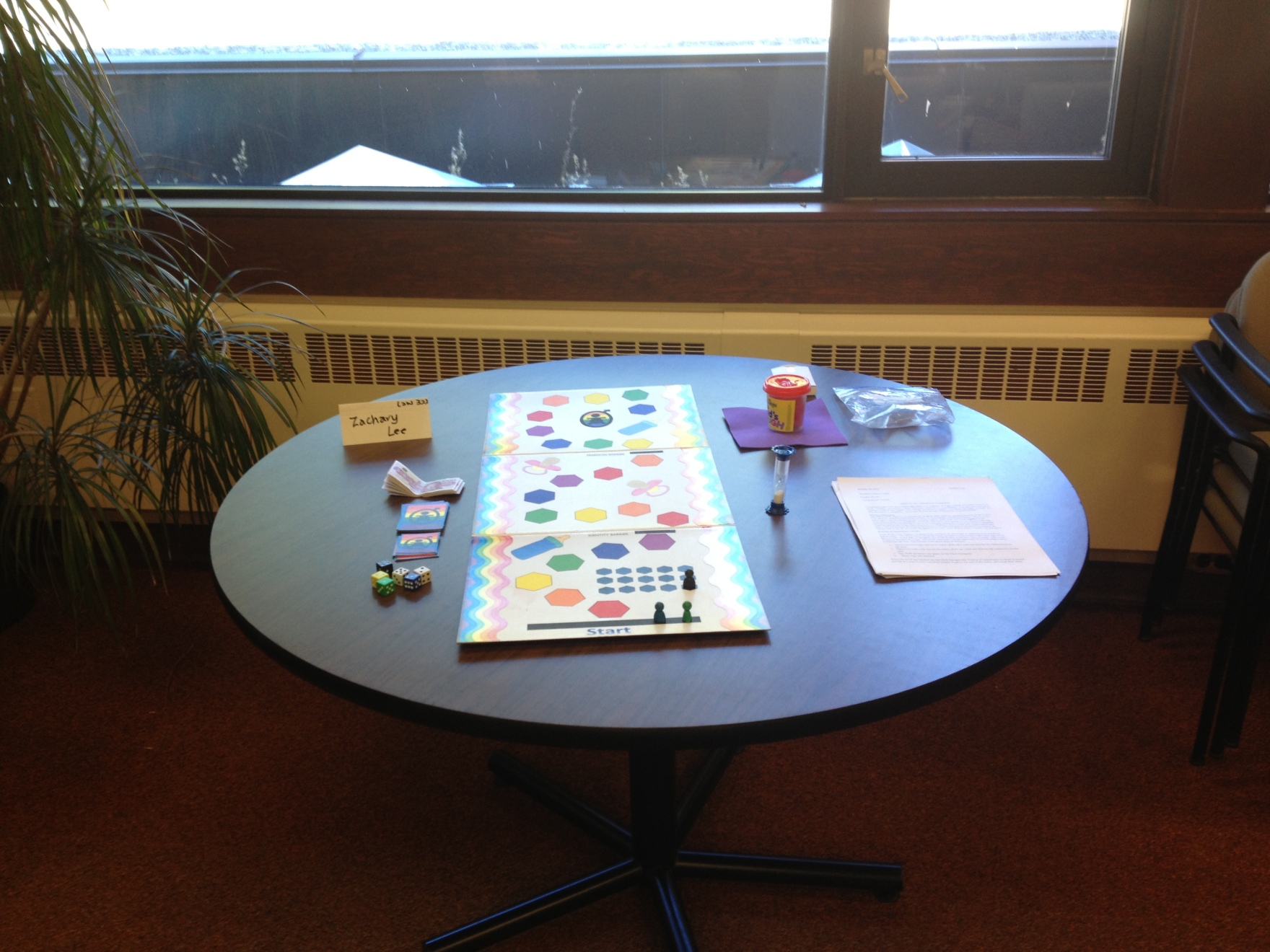This board game centres around the supernatural being Shu Shu Cum (Open Mouth) which is connected to Octopus Point by the Sansum Narrows, for Cowichan Tribes. The game repurposes the mass produced Catan board game and adjusts it with new texts and symbols overlayed on the Catan texts. I also includes a new figurine of the monster itself.
This game was made for Rebecca Johnson’s Business Associations course.
Rebecca Johnson on the project:
“This is such an interesting project. I liked the way you treated it as a palimpsest, where the traces of the old game remain visible behind/underneath. Such a nice way of keeping the new game in conversation with the old one, rather than just inventing anew. So many of the changes were thought provoking (both to reflect Coast Salish land/territory, and the story; and to shift gender). Making space of the agency of the resources is quite brilliant. Both fun AND serious at the same time, adding on the ability of the resource to either give or keep itself, as well as to require its sharing with others. This must have been so interesting to play through. And, quite a bit of work to do the modifications on the cards.
The four reflections pieces were also a pleasure to read. Each of the reflections brought something to the project (including reflections on the business of developing the direction, and playing).”
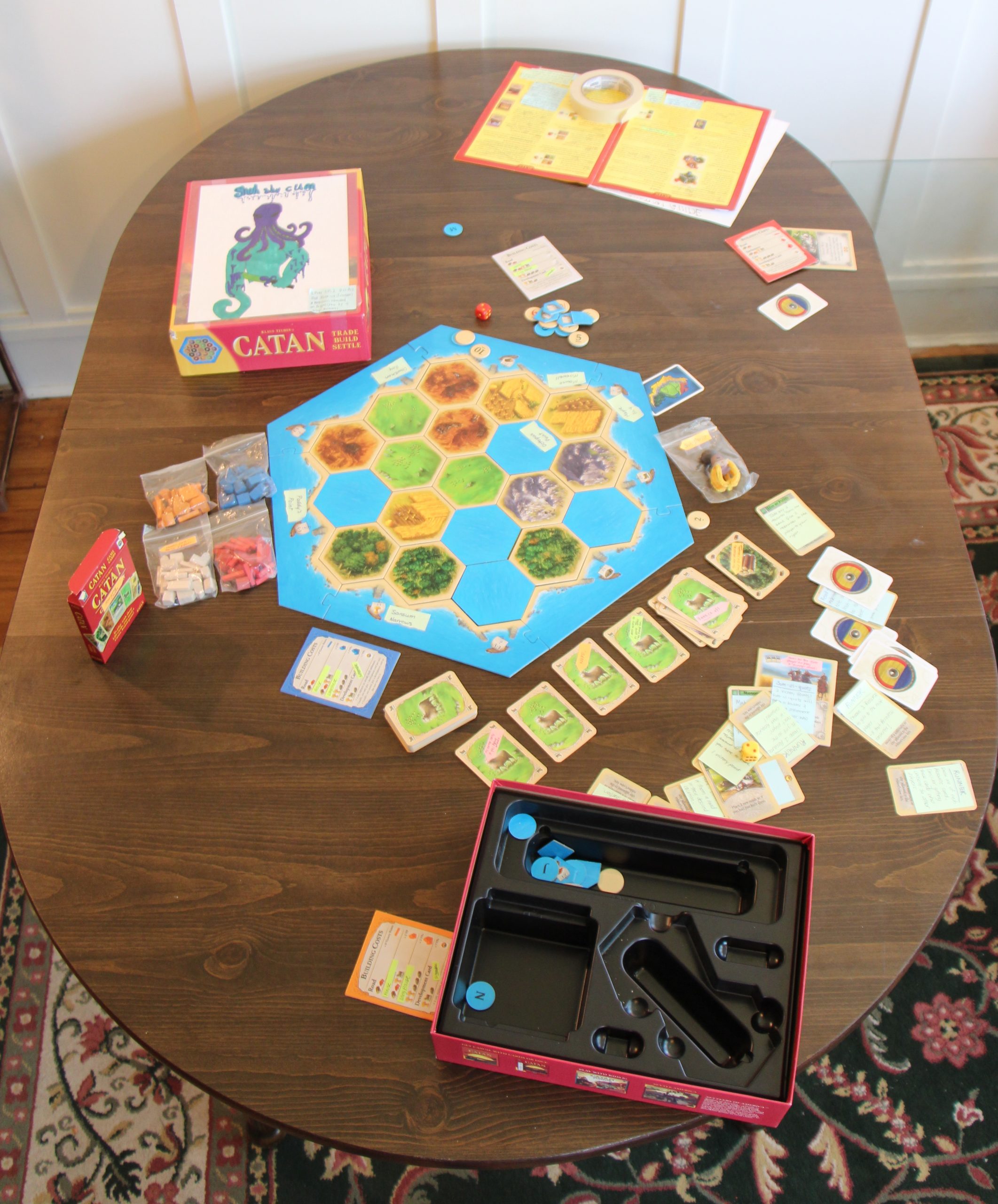
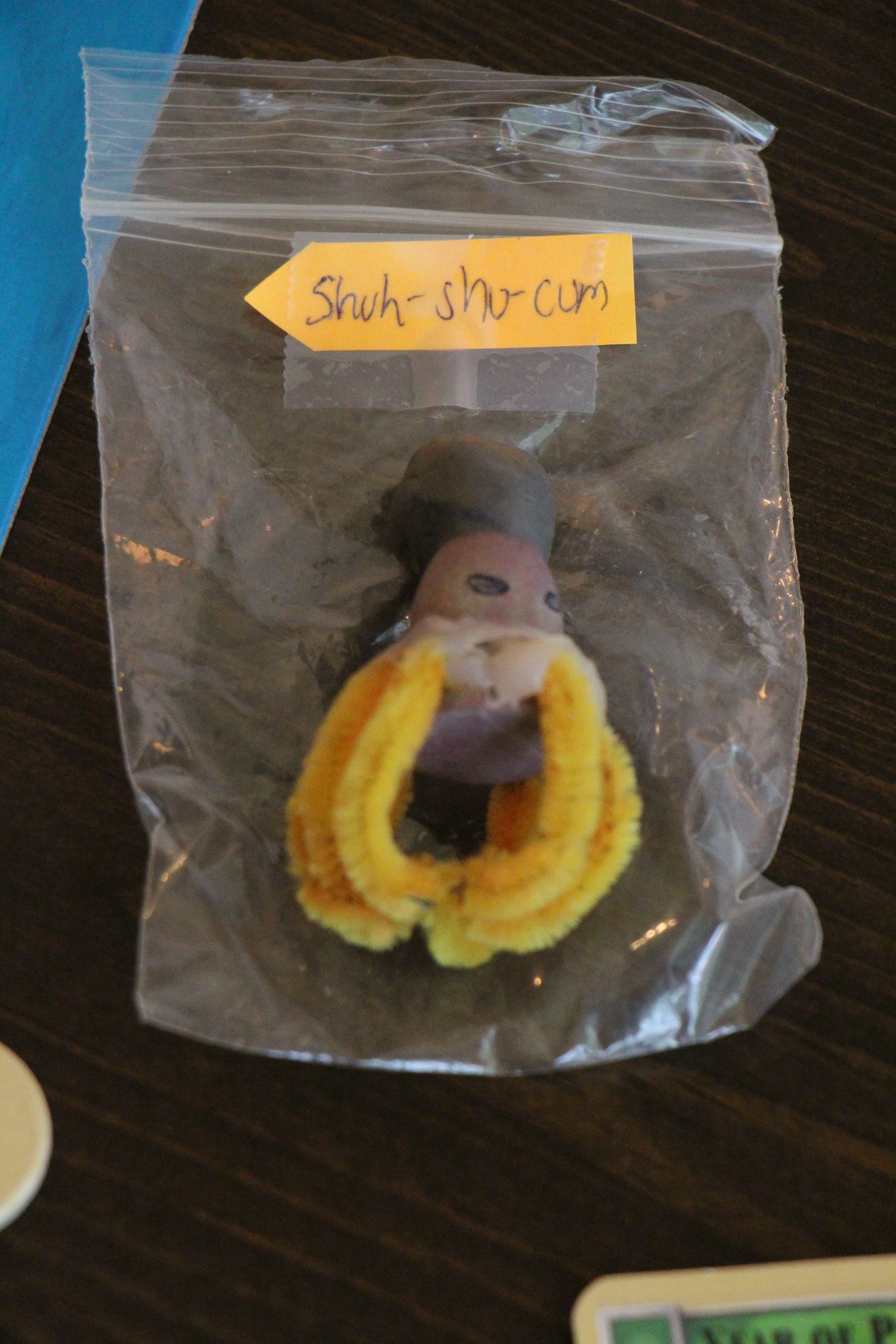
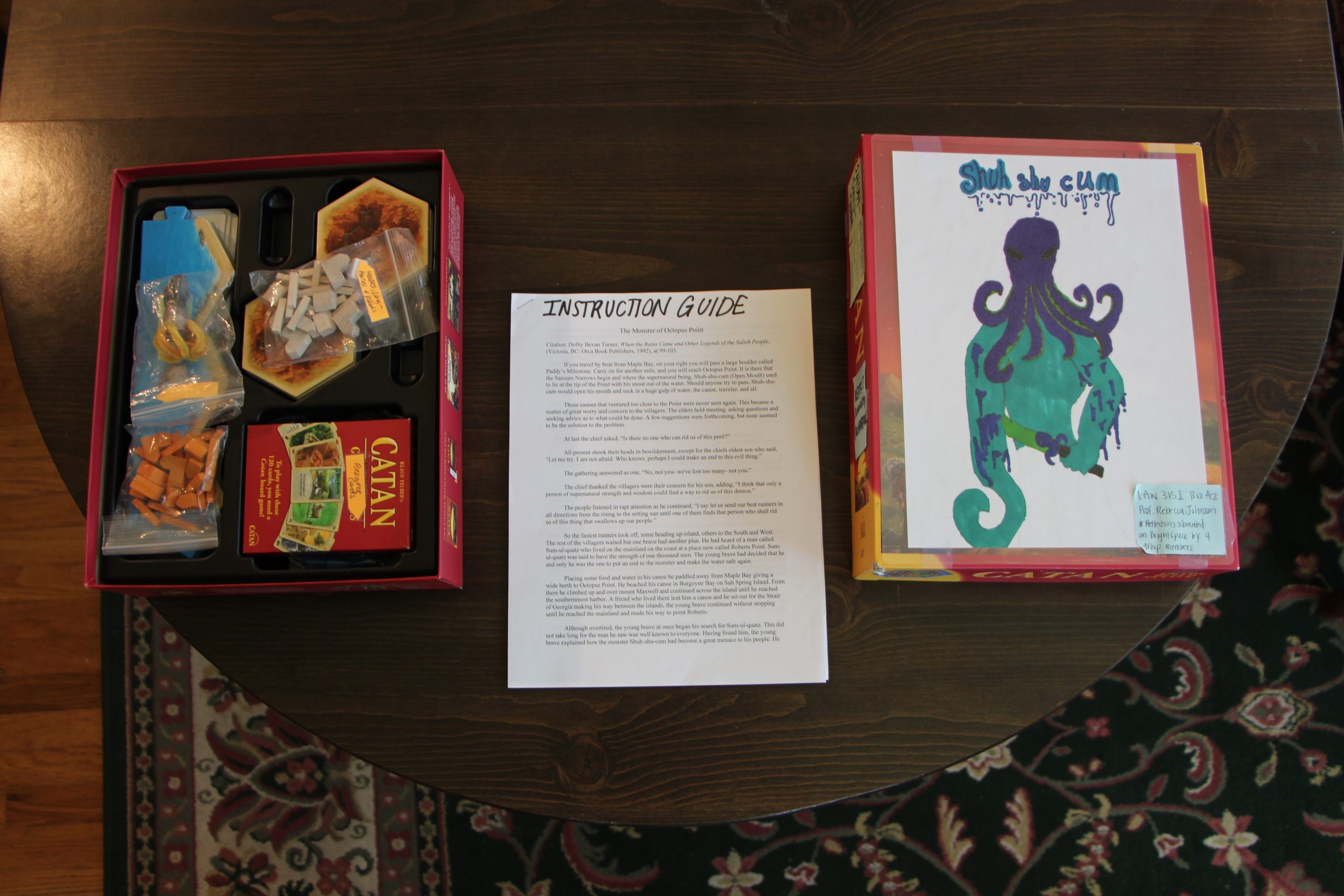
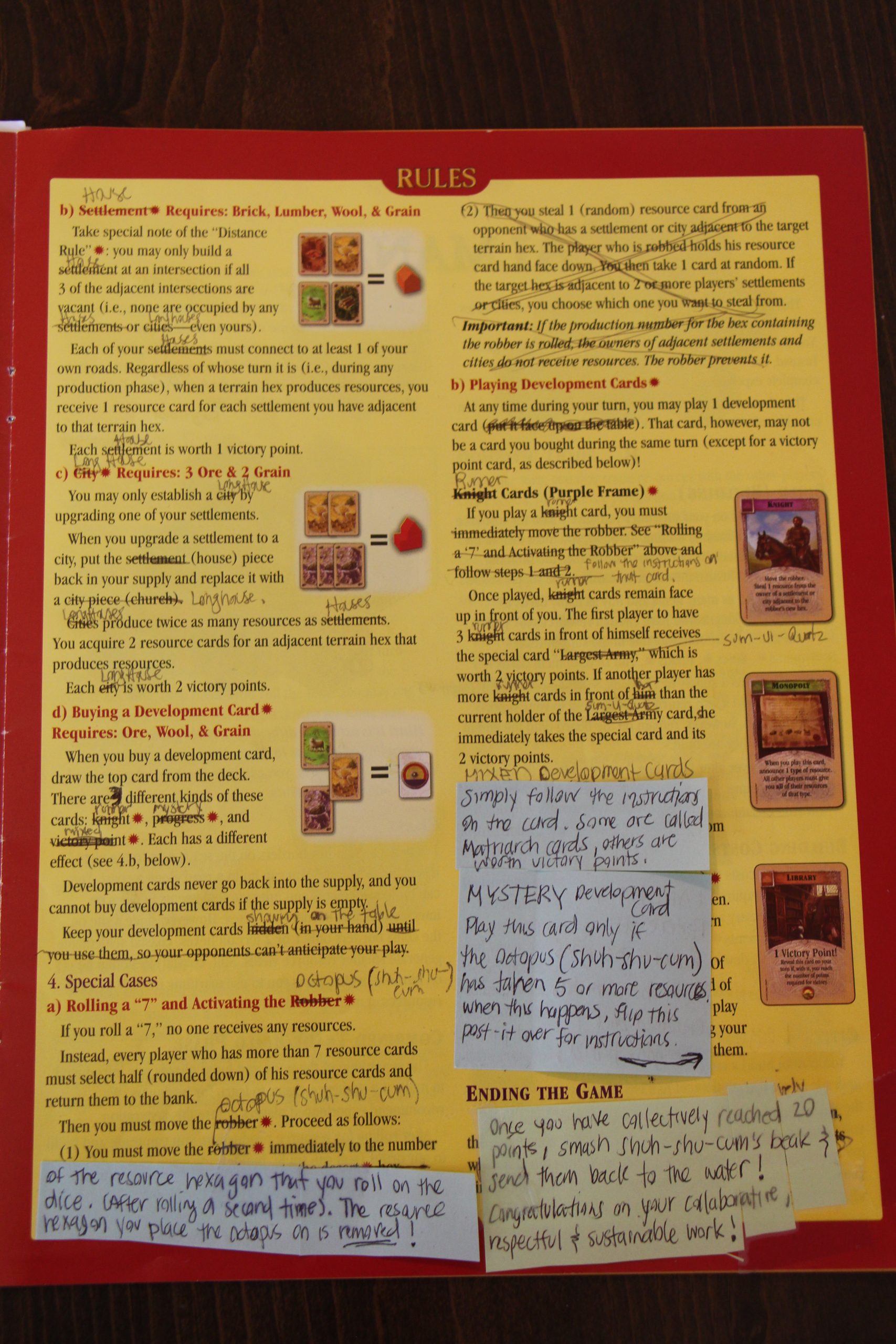
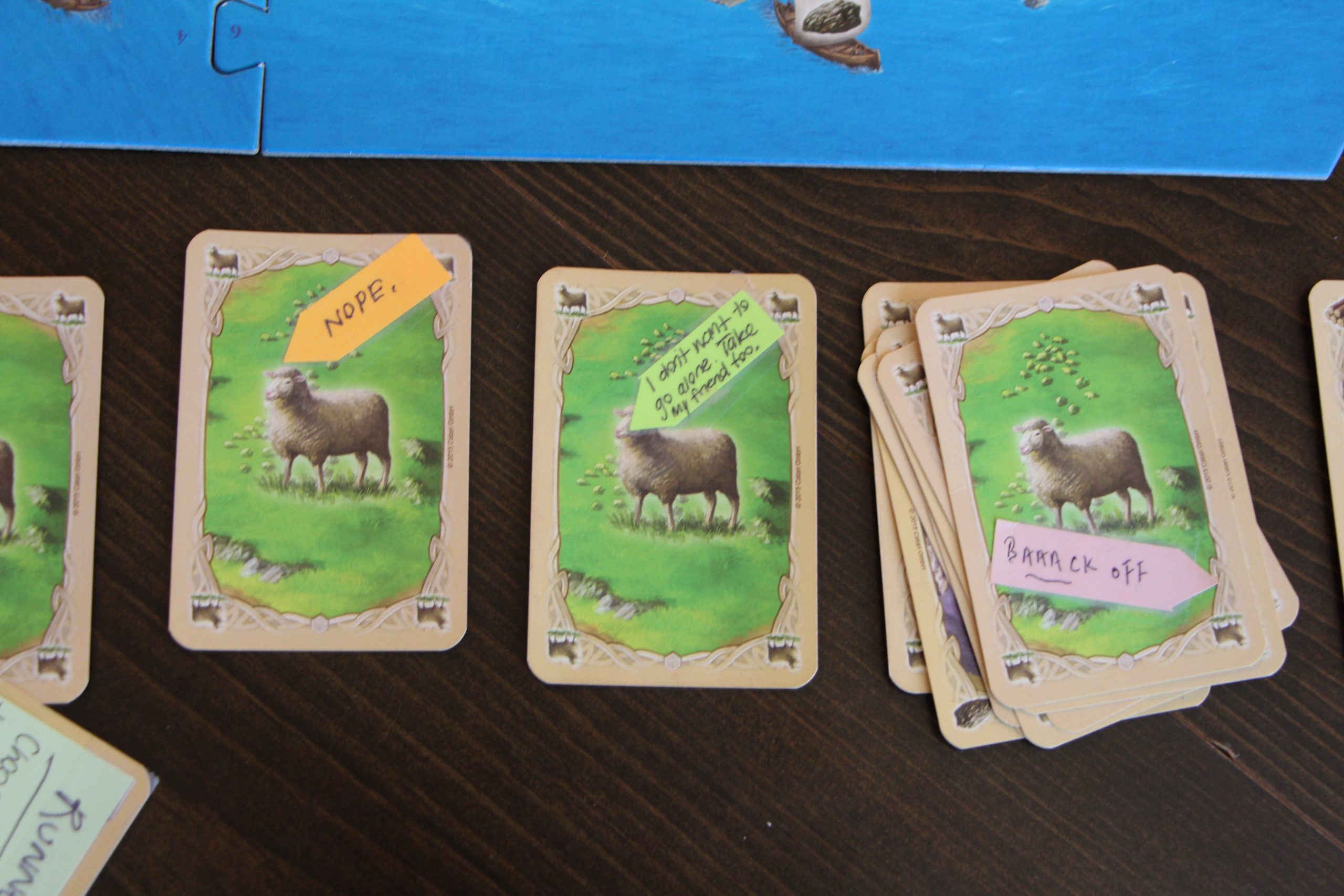
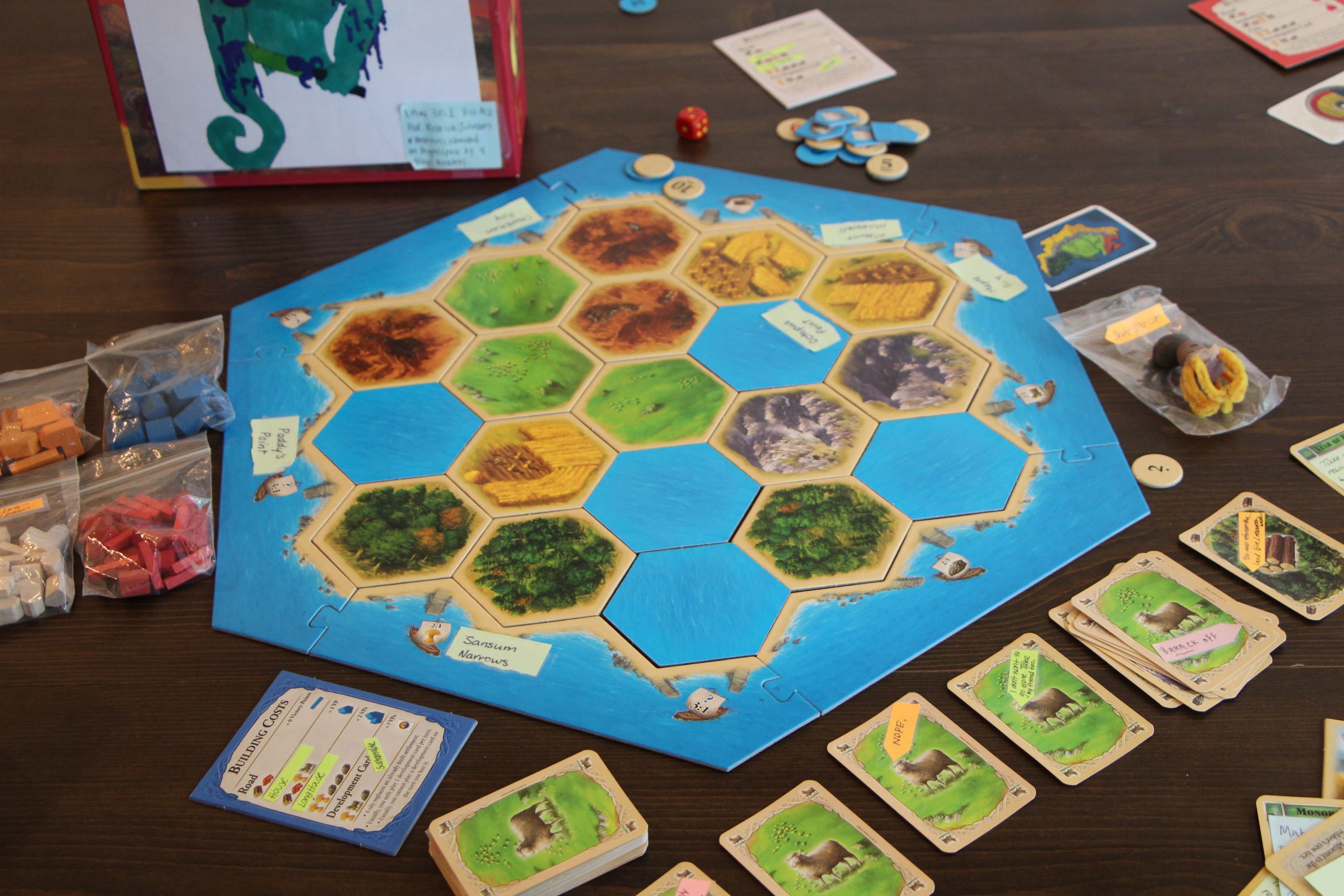
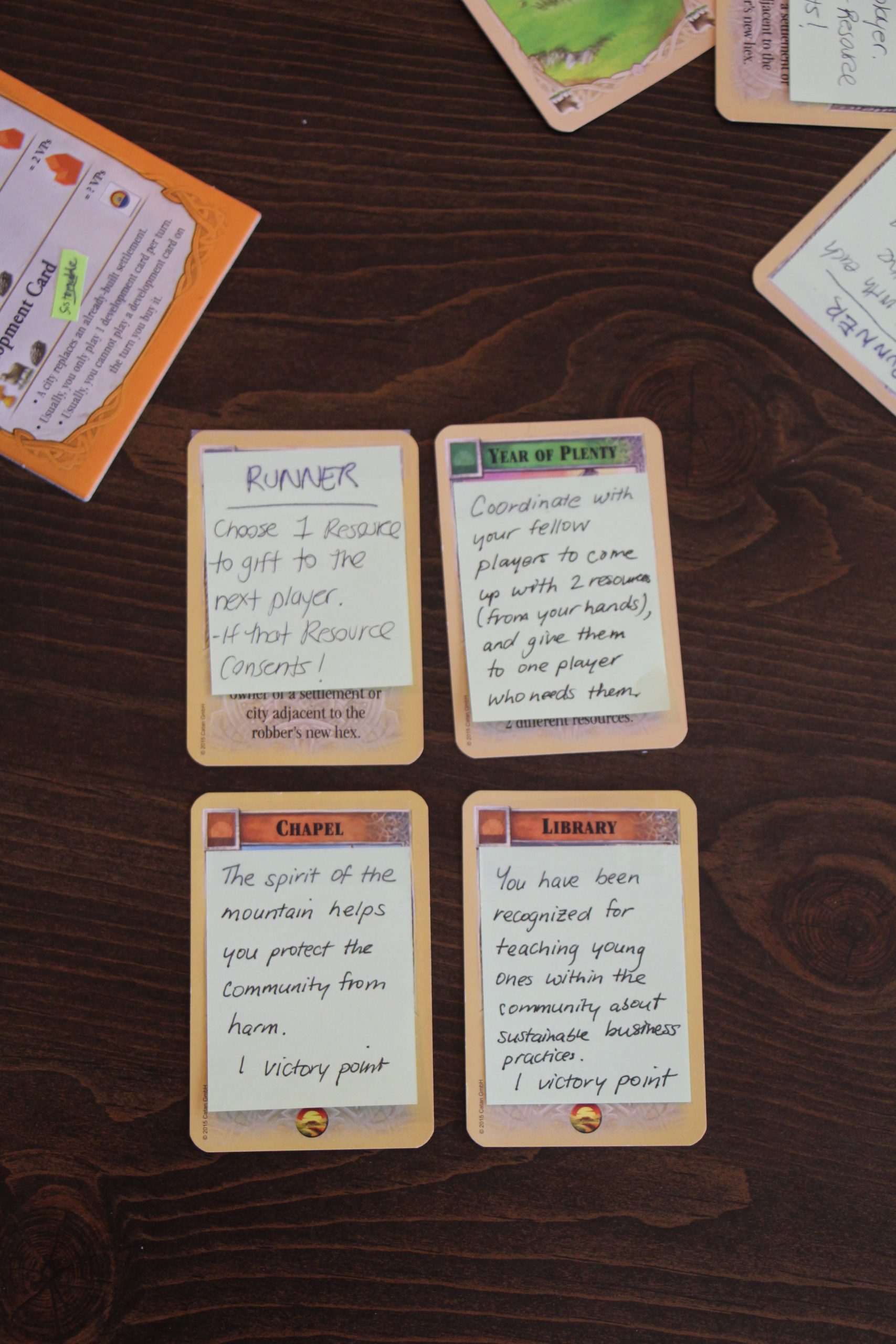
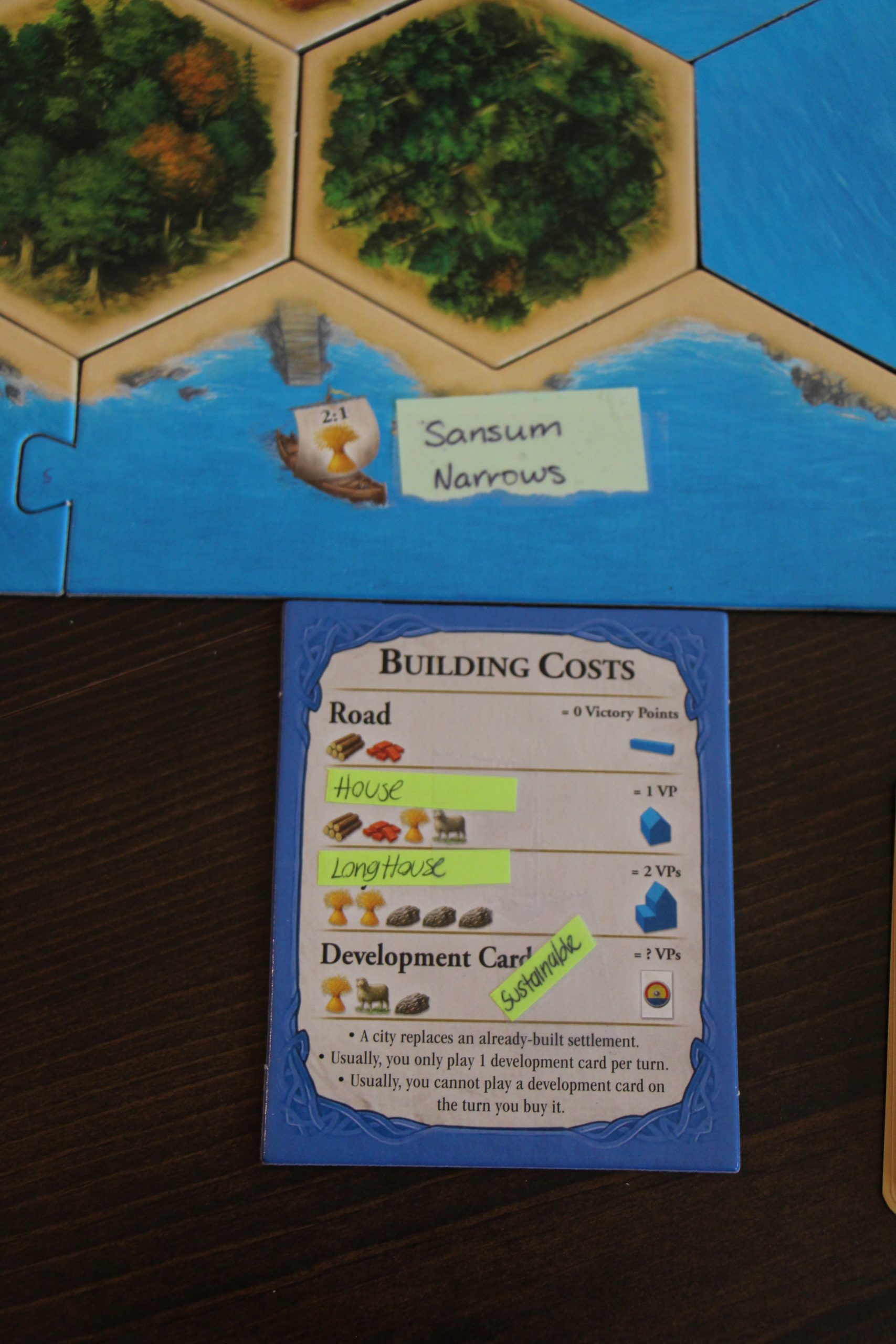
Photos by Max Gross
